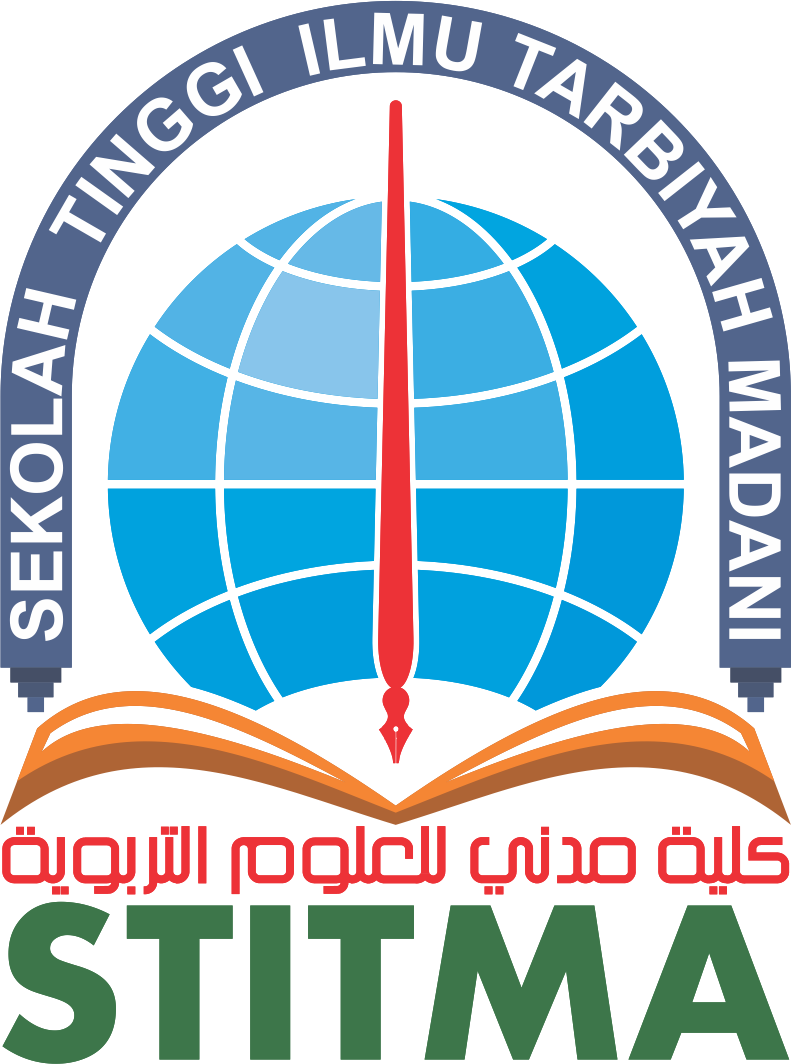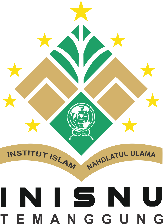Influence of Rewards and Punishments on the Motivation to Learn Arabic Language in Class X of Al-Munawir Krapyak Vocational High School
DOI:
https://doi.org/10.59944/postaxial.v1i1.140Keywords:
Reward and Punishment, Arabic Language Learning, MotivationAbstract
Rewards are given to motivate someone because there is an assumption that by giving gifts for good behavior and work results, he will maintain a good attitude and work more optimally, especially if the prize given is a tempting prize. Conversely, punishment is given to motivate someone not to make a mistake in carrying out something This study aims to determine the effect of Reward and Punishment on class X students at SMK al-Munawwir Krapyak. This study used a quantitative approach, with a sample of 24 students in class X at SMK al-Munawwir Krapyak. The results showed that: reward had a positive and significant effect on the motivation to learn Arabic in class X students at SMK al-Munawwir Krapyak, punishment had a positive and significant effect on motivation to learn Arabic in class X students at SMK al-Munawwir Krapyak.
References
Abdul Majiid. 1995. Lesson Planning. Rosda Karya: Bandung.
Abdul Muniip. Problematika Bahasa Arab dan Bahasa Indonesia dalam Al-Arabiyyah Abu Ahmad. Pengantar Metodik Didaktik. Bandung: Armico.
Arsana, Ii Geidei Budii. 2014. Implementation of Cooperative Learning Model Type STAD to Improve Activity and Learning Outcomes of Passing Bola Volleyball in Grade XI IPA 1 Students at SMA Negeri 1 Sawan Academic Year 2013/2014. Singaraja: Faculty of Sports and Health.
Asma, Nur. 2006. Cooperative Learning Model. Department of National Education: Jakarta.
Acep Hermawan. 2011. Methodology of Arabic Language Teaching. Bandung: PT. Remaja Rosdakarya.
Aldy Purnomo, Rochmat. Statistical Analysis in Economics and Business Using SPSS, CV. WADE GROUP.
Ariieis Veironiica et al. Quantitative Research Methods. Padang: PT Global Eksikutiif Teknologi, 2022.
Ariis Shoimin. 2014. Innovative Teaching Model in Curriculum 2013. Yogyakarta: Ar-Ruzz Media.
Journal of Arabic Education, Vol 1 No. 2 January 2005.
Janie, Dyah Nirmala Arum. Descriptive Statistics & Multiple Linear Regression with SPSS. Semarang: Semarang University Press, 2012.
Komprii. 2015. Perspective of Teacher and Student Learning Motivation. Bandung: PT Remaja Rosdakarya Offset.
Hafidz, H. N. (2021). Implementasi totalquality management (TQM) di Madrasah Ibtidaiyah Darul Huda Yogyakarta. As-Sibyan, 3(2), 37–50. https://doi.org/10.52484/as_sibyan.v3i2.189
Husna Nashihin, Yenny Aulia Rachman, Betania Kartika, Nurmasinta Fadhilah, T. H. (2023). Pendidikan TPQ Kontra Radikalisme berhaluan Aswaja (M. D. Yahya (ed.)). Academia Publication. https://idr.uin-antasari.ac.id/22876/2/Pendidikan TPQ Kontra Radikalisme Berhaluan Aswaja -1-.pdf
Husna, Purnama, E., Hermawati, T., & Nashihin, A. H. (2022). Religious Moderation Between Pesantren and Chinese Society (Study at Kauman Islamic Boarding School, Lasem, Rembang). International Research Conference of University Maarif Hasyim Latif (IRCUM), 28(28), 185–192. https://doi.org/10.1088/1751-8113/44/8/085201
Kholish, A., Hidayatullah, S., & Nashihin, H. (2020). Character Education of Elderly Students Based on Pasan Tradition at Sepuh Islamic Boarding Shool Magelang. IJECA (International Journal of Education and Curriculum Application), 3(1), 48. https://doi.org/10.31764/ijeca.v3i1.2061
Nashihin, H. (2017). Pendidikan Karakter Berbasis Budaya Pesantren. Formaci. https://books.google.co.id/books?id=X27IDwAAQBAJ
Nashihin, H. (2019a). Analisis Wacana Kebijakan Pendidikan (Konsep dan Implementasi). CV. Pilar Nusantara. https://books.google.co.id/books?id=SXcqEAAAQBAJ
Nashihin, H. (2019b). Proceedings of 2nd International Conference on ASIC. https://doi.org/10.1109/icasic.1996.562734
Nashihin, H. (2019c). تطبيق طريقة مباشرة في تعليم اللغة العربية في معهد الشيخ ابن باز يوجياكرتا. Proceedings of 2nd International Conference on ASIC, 275–281. https://doi.org/10.1109/icasic.1996.562734
Nashihin, H. (2019d). Character Internalization Based School Culture of Karangmloko 2 Elementary School. Abjadia, 3(1), 81–90. https://doi.org/10.18860/abj.v3i2.6031
Nashihin, H. (2023). Metode Penelitian (Kualitatif, Kuantitatif, Eksperimen, dan R&D). PT GLOBAL EKSEKUTIF TEKNOLOGI. https://www.google.co.id/books/edition/Metode_Penelitian_Kualitatif_Kuantitatif/w-bFEAAAQBAJ?hl=id&gbpv=0
Rhain, A., Nashihin, H., & Srihananto, T. H. (2023). Tahsin Reading Assistance for Islamic Boarding School Tahfidz Qur ’ an Muhammadiyah Daarul Arqom Sawahan Ngemplak Boyolali. 2(1), 27–44.
Sarwadi, H. N. (2023). Character Education between The Western Context and Islamic perpective. 4(1), 1–12.
Sumedi, Nashihin, H., Yahya, M. D., & Aziz, N. (2020). Morality and Expression of Religious Moderation in " Pecinan ”. Budapest International Research and Critics Institute-Journal (BIRCI-Journal), 5(3), 24158–24168.






